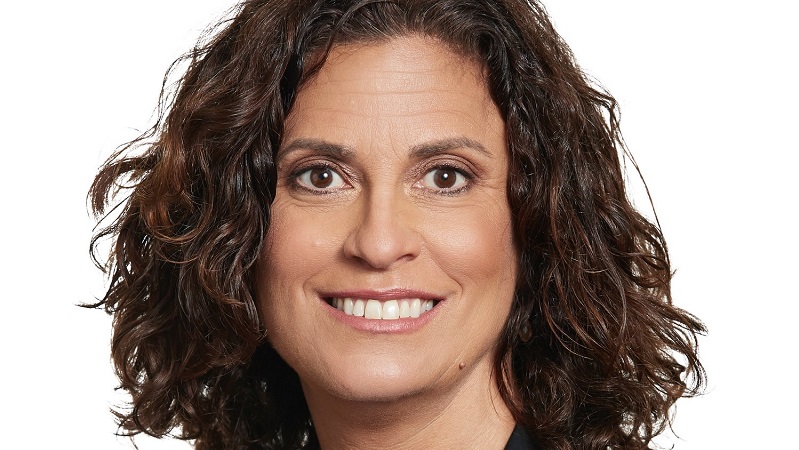Ethical investment currently makes up less than 2% of total funds in the UK, but as the filmmaker Richard Curtis recently put it, “We are on the edge of a second consumer revolution, where the public realises just how powerful their own money can be.”
Food brands are already responding to changing demand from consumers looking to purchase healthier, more sustainable produce. Health and environmental concerns from obesity to climate change are increasingly moving people to rethink the amount of meat and dairy products they eat. But until recently these concerns have not impacted on many people’s behaviour as investors.
This is changing fast.
Since its launch in 2015, almost 200 investment institutions managing over $19trn of assets have joined the Fairr Initiative, which aims to raise awareness among investors of how environmental and health risks in the global meat, fish and dairy industry create material financial risks. It shows just how important the issue of sustainable food is becoming for investors.
To mark World Food Day this Wednesday, here are examples of three funds that have focused on issues around sustainable food:
-
RobecoSAM’s Sustainable Food Equities fund
This fund invests in potential solutions to the major environmental and social challenges facing the food sector. One such issues is the excessive use of antibiotics in farmed animals which is accelerating the evolution of antibiotic-resistant infections with potentially grave consequences for human health.
This fund invests in some companies with effective responses to this challenge. These include giant fish farmer Bakkafrost, which hasn’t used antibiotics in its salmon production since 2004 and is the best-performing aquaculture company on antibiotics in the Coller Fairr Index – the world’s leading assessment of how meat, dairy and farmed fish producers are managing material environmental, social and governance risks.
The fund also holds companies that are investing in ‘alternative proteins’, i.e. plant-based products that offer a similar taste and texture to meat but which have significantly less environmental impacts. A good illustration of this is Unilever, which recently acquired the ‘Vegetarian Butcher’ brand to help expand its portfolio of plant-based foods.
-
Pictet’s Nutrition fund
This fund invests in companies that are developing solutions to help secure the world’s food supply, including innovations to improve productivity in farming, increase efficiency in food transportation and processing, and maximise the nutritional content of the food we eat.
Holdings include Danone and Nestlé, which last month became two of 87 companies worldwide to sign up to a science-based target aligned with the most ambitious Paris benchmark of limiting global temperature rise to 1.5°C above pre-industrial levels.
-
BNP Paribas’ Smart Food fund
This fund invests in food companies that conduct a significant proportion of their business in the food supply chain and meet sustainability criteria related to issues such as carbon emissions and nutritional content.
For example farmed fish products are often perceived as relatively sustainable compared to other animal proteins (although the sector does also have significant climate risks), and this fund invests in aquaculture companies such as Lerøy Seafood, a company that ranked as having best practice for its greenhouse gas reporting by the Coller Fairr Index in 2019.
The fund also sees opportunity in companies helping consumers to eat healthier, more nutritious foods. One example of this is Kerry Group, which develops reformulation solutions to reduce the level of sugar and fat in foods without compromising on taste, texture or nutrition.
Maria Lettini is executive director of the Fairr Initiative









